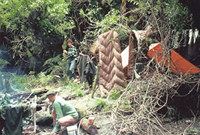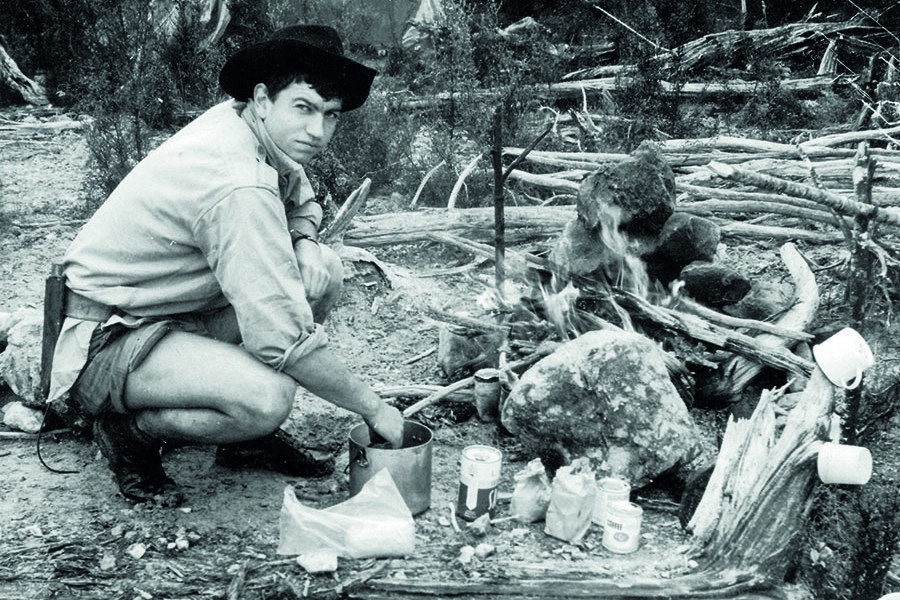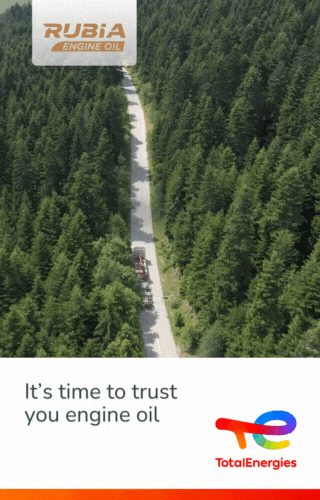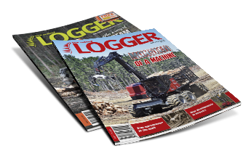 In Ross Lockyer’s final account of his time doing the New Zealand Forest Service Ecological Survey in 1964, this excerpt from his book An Accidental Bushman sees an encounter with an unfortunate possum during some hard living.
In Ross Lockyer’s final account of his time doing the New Zealand Forest Service Ecological Survey in 1964, this excerpt from his book An Accidental Bushman sees an encounter with an unfortunate possum during some hard living. In our third year training in 1964 when we were based at the Forestry Training Centre in Rotorua, we got involved in some serious bushwacking in the native bush, known as Ecological Survey or just Eco.
It was early spring in 1964, and the weather was wet most of the time. During that time we did two Eco Survey trips, each of two weeks’ duration. We were split up into small groups and sent out to different blocks of native forest around the central North Island. The first one that my group did was up in the Raukumara Ranges off the Waioeka Gorge between Whakatane and Wairoa (See NZ Logger April 2025), and the second was up the Motu River on the south-western side of the Raukumara Range.
The Motu trip was almost as wet as the Waioeka trip. The Eco team leader for the Motu trip was Mike Andrews. He was a really good bloke. Mike graduated from Ranger School about three years before us and later became Manager of Fletcher Forests, Taupo, and then Managing Director of Fletcher Challenge, one of New Zealand’s largest companies. The Ranger Trainees on that surveying trip remained the same, consisting of Dave Cameron, Barry McLaughlin, and me. but this time the Woodsman with us was Bill Wray. And there was no dog.
Hard living
Eco Survey was a project designed at that time to survey all of New Zealand’s native forests using a system of sample plots selected randomly from aerial photographs, and then located physically on the ground by the Eco Surveyors. We first collected our aerial photographs, which had been scanned and marked so that the sample plots that we were to survey and sample represented a good example of each separate forest type. Our packs were heavy, as we had to carry tent flies, food for three weeks, all of our surveying gear, sleeping bags, a change of clothes, rifles, slashers, billies, and cooking utensils.
We had been saturated with heavy and constant rain along with all our gear and food for over a week while in the bush. We had been living mainly on tinned Irish stew, Hellaby’s corned beef, soggy Eco Survey wholemeal bread (which a Rotorua baker made especially for the Eco crews to last for a couple of weeks in the bush), and rice, soaked overnight in Maggi soup. Barry never ate rice for years after that. We were sometimes able to stew up some goat and venison back steaks that we shot along the way, although it tended to be a bit tough because the meat was always fresh off the hoof and never aged.
A few days before we finished the Motu trip, I had shot a young spiker stag in a stream. We gutted it and hung it in a tree near...





